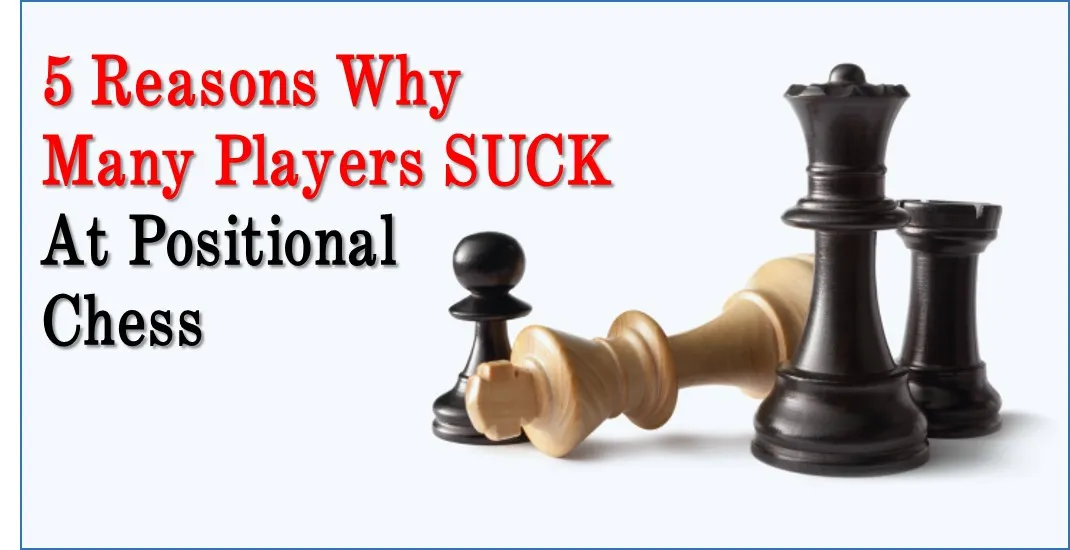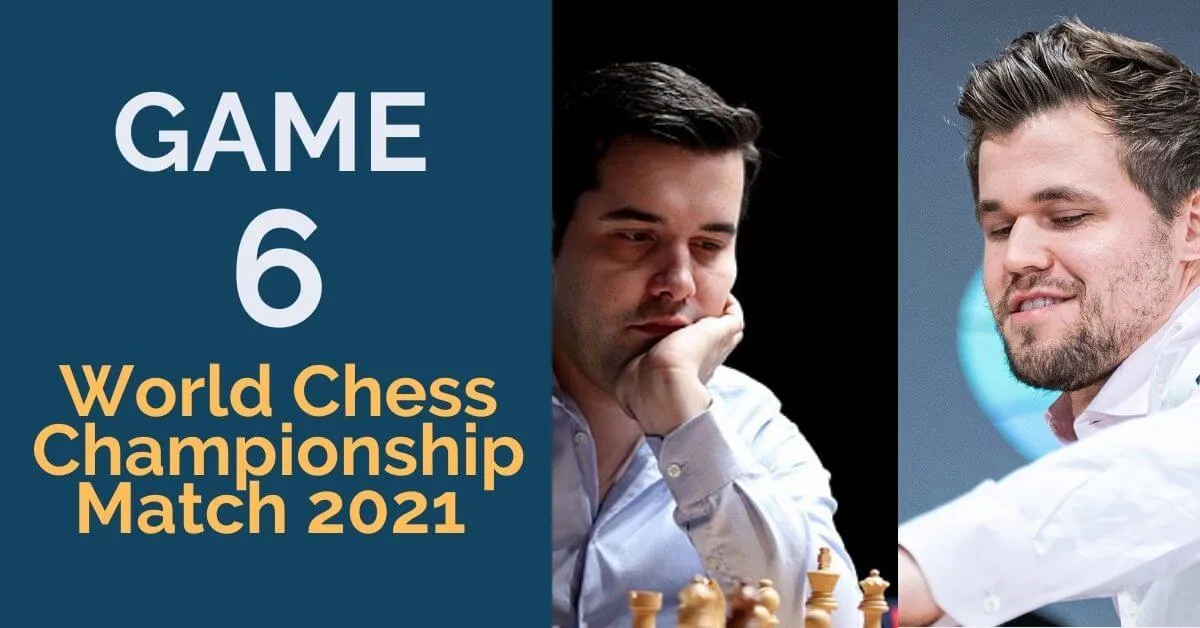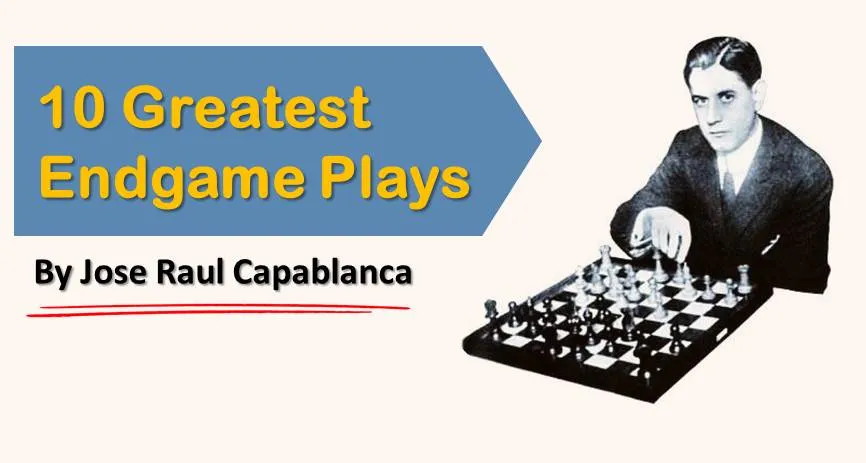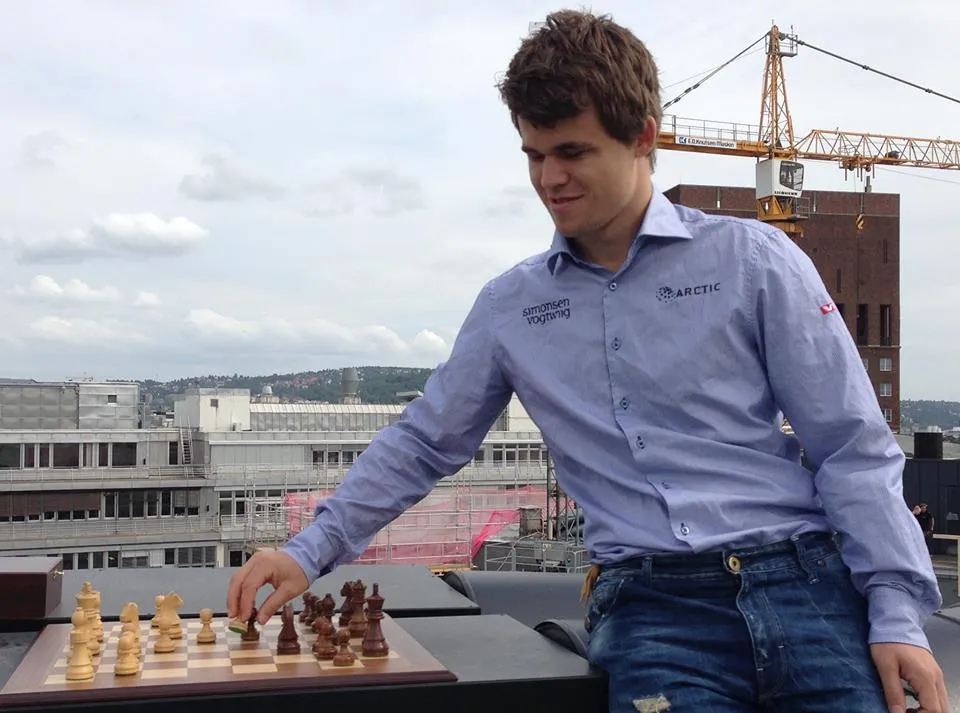5 Reasons Why Many Players Suck at Positional Chess

Many chess players know about two different types of games: positional and tactical. Tactical positions are the ones where tactics predominates the decision making. But what if there is no tactics present on the board? How do you proceed in your game? That is where many players get stuck and don’t know what to do. The answer lies in positional chess. Let’s learn that “what” and “how”.
Let’s take a look at why many player have difficulty understanding positional chess.
1. No clear way to improve at positional chess
Most chess players are well aware that to get better at tactical chess, they need to well… simply solve tactics problems. The harder tactics problems you can solve the higher your tactical ability gets. That means, if one player can find a mate-in-3 and the other one can find a mate-in-7, the second player’s tactical ability is by far more superior. Does it mean that the second player will win all games? That all depends on the type of position.
In positional type of game the raw calculation ability is not as important as understanding of true value of each of the pieces, while taking into account other factors such as open lines, strong/weak squares, activity, etc.
How do you improve at positional chess? You cannot just simply solve harder and harder tactics exercises. The way it can be done is by careful analysis of a well annotated GM games individually or with a good coach. We provide those in our training course.
2. Chess books are often confusing
Where do you find these positional chess games to study? The simple answer is in the books. However, chess games in some of the books are pretty confusing because the authors give too many different lines and variations without clearly explaining why one or another move was played. They miss the most important part of understanding – the “why”.
Books often provide long sequences of moves without much annotation and they only emphasize certain important, according to the author, positions. To learn positional chess, you need to study the games with detailed annotations, otherwise you will miss many important factors of the position.
3. Players do not spend enough time on positional chess
Another reason why many chess players aren’t good at positional chess is because they do not spend enough time on it. These players think that if they study openings, they will be able to get a favorable middle-game position. If they study tactics, they can calculate all the way to a win. If they study endgames, they can outplay their opponents in King and Pawn ending.
What advantage does a positional understanding provides? It is unclear for many players, and they prefer not to spend their valuable time on something they don’t understand. It makes sense. Except, without a proper positional understanding it is not possible to make serious progress at chess and make it to even 1800 – 2000 level.
4. Positional analysis depends greatly on intuition
In order to understand what’s going on in a game from the positional point of view you often need to rely on the intuition. There is no way to improve your chess intuition, without studying chess, and playing games.
5. Relying solely on computer analysis
Computer analysis is something that kills chess ideas. Yes, the engine analysis can be useful if done correctly, mostly for experienced players. No doubt, it can find a mate in 20 almost immediately, but can it teach you to do the same? Nope.
Computers have no positional understanding and rely entirely on calculation ability to make their moves. If you can calculate 20-30 move ahead you most likely do not need positional understanding as well. For all other players, it is something that can help in evaluating positions without necessity to calculate until the end of the game.
It is like looking at the skies, noticing clouds and taking umbrella because it could rain. There is no need to measure temperature, air pressure, humidity and the wind velocity at 70 different places to come up with the same conclusion. Chess engine will do just that.
Read more chess articles:










Comments: